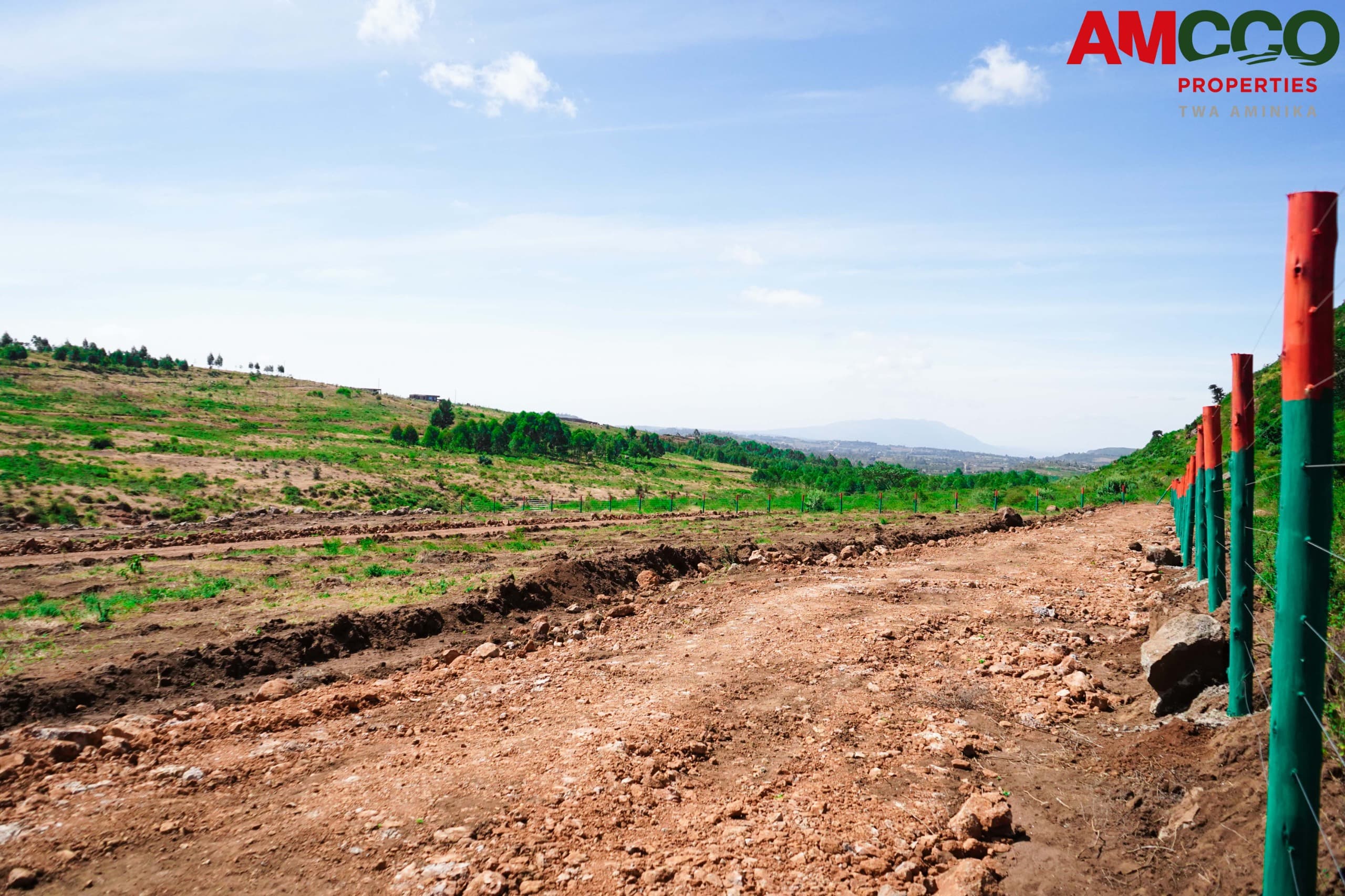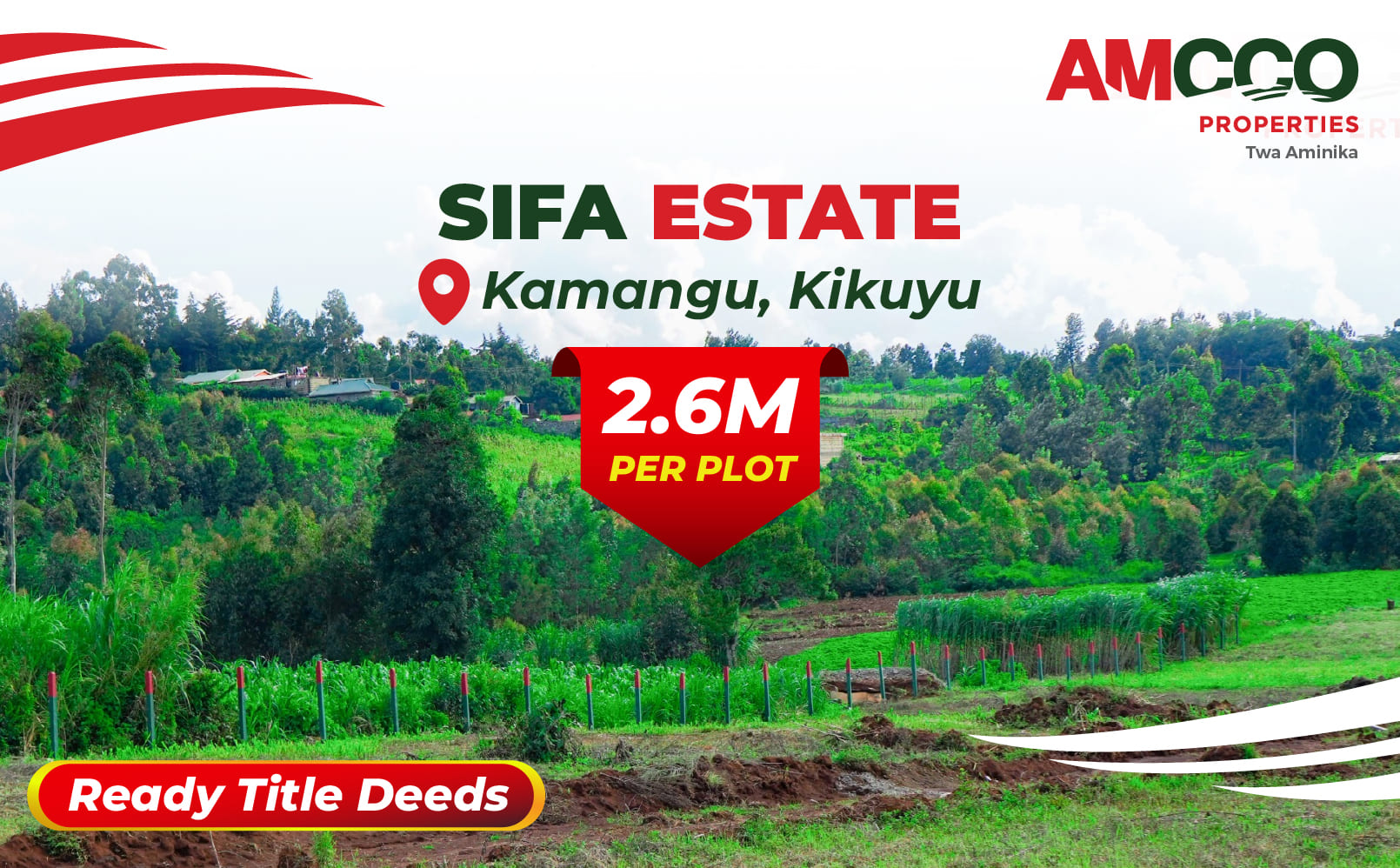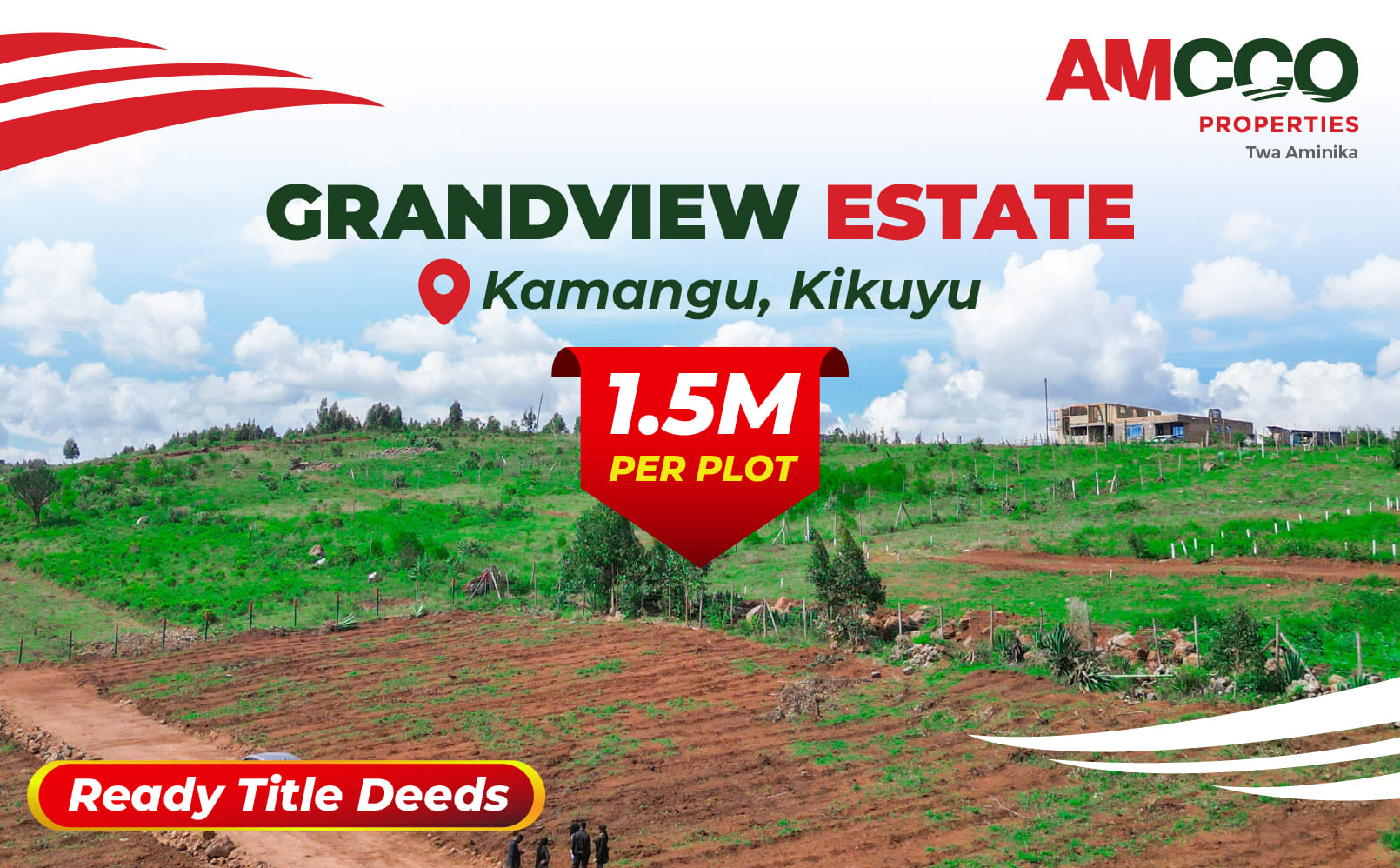5 THINGS TO DO BEFORE LEASING LAND.
Having some background information about something is very wise and strategical as this will guide you into making the right decision.
First we start with understanding the term lease: This is basically a legal, binding contract outlining the terms under which one party agrees to rent property owned by another party. It allows the tenant to use the property and guarantees the property owner or landlord regular payments for a specified period in exchange. Leasing land in Kenya has become a norm lately because very many have started investing in their lands not necessarily meaning that they stay there but they buy land and setup business or lease it to someone for a given period of time it’s almost like renting. But their interest are always based on commercial interests. Below are 5 things that you should consider before striking a deal with someone or a company that wants to agree with you:
Do Reece
This means that you go in search of the particular land that you want get into that market and do your research depending on what you want to lease the land for. If it’s for agribusiness consider going deep in rural areas because there are large sections of land there at an affordable price plus an added advantage is that there you will get easily available labour. If it’s something to do with offices then get into those towns. After you have identified the why and the when (thus the period when you wish to commence operations and for how long you will be doing so). And once you find potential lessors, you will negotiate some basic terms (I hear people using the phrase “irreducible minimums”) before hashing out a final agreement. After you have identified the why and the when (thus the period when you wish to commence operations and for how long you will be doing so). And once you find potential lessors, you will negotiate some basic terms (I hear people using the phrase “irreducible minimums”) before hashing out a final agreement.
Look into the newspapers, internet and other publications among many others.
Have a Visible Written Agreement
This is a binding agreement between two or more people that is enforceable by law. It’s kind of a legal document summarizing an agreement between parties in a dispute to abide by the decision of an arbiter. And in this case, the preference for a written agreement would be helpful to ensure strict adherence to what was discussed and concluded by both parties when they were making a deal. It also favors one who is taking on the lease by ensuring that their rights are recognizable in defence against an owner who may seek to renege on your agreement. It’s always good to be on the on the safe legal side like what it? A written agreement also precludes messy oral arguments outside of what was agreed upon and recorded. The law only recognizes oral leases that do not exceed a two year, non-renewable term. The agreement will cover much wider terms other than price and duration to include issues such as assignment of responsibility for government levies maintenance, removals as well as any other responsibilities and even termination of the agreement.
This very agreement helps parties to go over and beyond the implied rights.
Consider Registering Your Lease Agreement
If you are entering into a lease agreement, at the minimum, a two-year renewable lease agreement. Then consider registering your lease agreement. A lease agreement registration also helps in protecting the rights of both parties. A landlord/lady is more comfortable giving his house to a renter if the lease agreement is legally and validly registered. Because it shows that it’s not fraud.
For Instance, if a landowner is declared bankrupt or dies, a registered lease may serve the purpose of recognizing and protecting the rights of the lessee when a trustee to the bankrupt person or administrators to the estate of the deceased lessor are appointed.
Do Some Research on the Area of Interest.
If you’ve spotted a place that you desire to own then consider doing some bit of research about the area get to know how people operate and learn your environment well.
It is basically cracking the three questions that are: Who, Where and What.
Who in the sense that the one that offers you land, how well is he or she known have some background information about the person.
Where: Here it’s all about knowing the location that you want to lease land like is that the place that’s convenient for you, for instance, is it on the mountain, landscape, nearness to the river such like and on.
What: Here you get to answer the question what you want to set up on that particular land and the portion that you may have chosen already. Like If you may need it for commercial purposes or Agribusiness.
Create an Exit Plan
Nobody really thinks of this outset of a venture to having an exit strategy or to plan too far ahead of all the intricacies that must be worked out at the time of the lease agreement. However, for business reasons, it is advisable to have a clear understanding of the end goal from the start, so that you know what to do when maybe things don’t work out as you had planned. On the expiration of a lease agreement, one of the implied terms is that the lessee will hand over control of the land in the condition in which it was delivered to him by the lessor. This where contracts come in if at all you signed them then you are on the safe side, while this may be provided for in the registered lease agreement, it is important to think clearly and plan ahead for the exit, which may involve thinking about what happens to any renovations you may have made to the land while leasing it, as well as the costs associated with returning the land to the condition in which it was originally when it was handed to you.
The exit plan provides a period immediately prior to disengagement with the lessor. Read: Top 10 Areas to Buy Most affordable land in Kenya




 Sq.jpg)